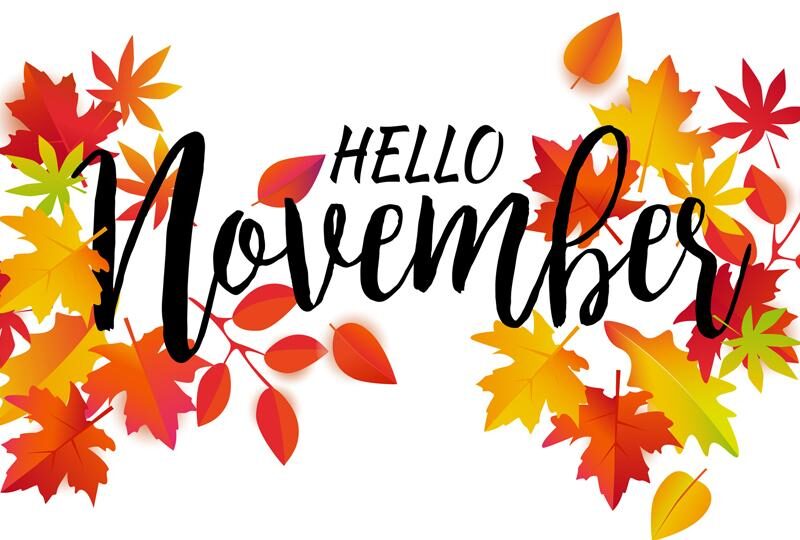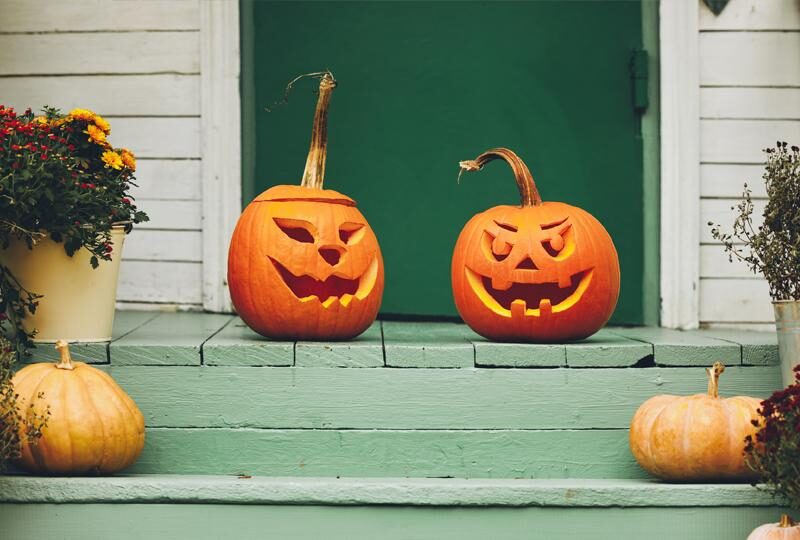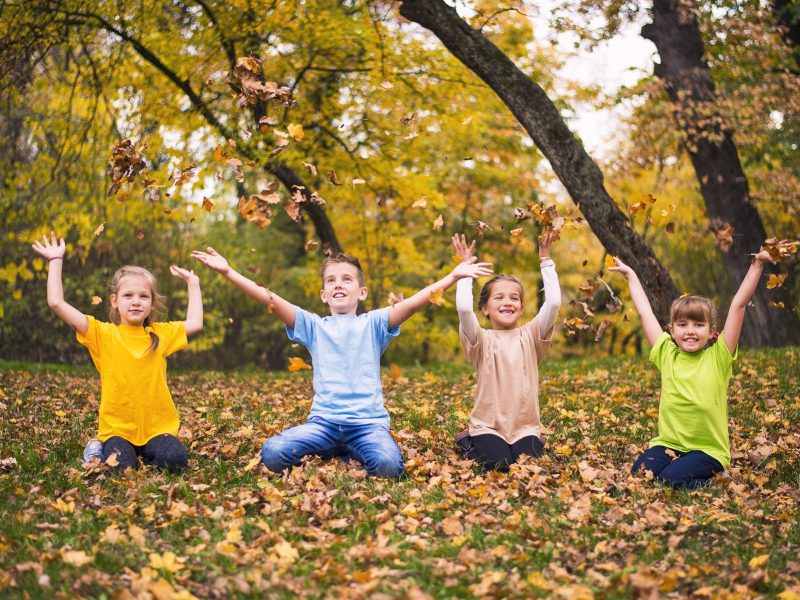Becoming a man
My eldest son will turn 13 this week, the age in many cultures when a boy is considered to become a man and to start occupying a more adult role in his family and community. Certain traditions mark this coming-of-age moment with a ceremony (sometimes at a slightly different age), anything from a Bar Mitzvah celebration to a vision quest to a cow-jumping ceremony.
What unites all these traditions is the idea that it’s important to mark the transition from childhood to adulthood, both because the child needs to take on the rights and responsibilities of being an adult, and also because the family and the community need to recognize that the child has now taken on these rights and responsibilities. In some cultures, this transition even marks when individuals can and must start taking legal responsibility for their actions, rather than letting this responsibility fall to their parents. It’s a moment when the child is expected to start behaving like an adult, not in every respect, but in principle.
Considering how important this concept has been in so many cultures down through history, it’s strange that North American culture’s coming-of-age traditions are so few and so disconnected from ideas of community involvement and responsibility. There’s the sweet 16 party, but it’s most often just a party, disconnected from any ceremonial introduction to adulthood. Getting a driver’s license, or becoming old enough to drink, and other such milestones all have coming of age elements to them, but again, these events are seldom connected with ideas of responsible adulthood.
This is perhaps one of the reasons why our culture no longer seems to expect adult behaviour until later and later in life. I’ve often heard people excuse juvenile and inappropriate behaviour from older teen and young adults by saying, “Oh, they’re just kids.” A woman I know recently said much the same when her 28-year old son called her because he’d locked his keys in the car. Rather than taking responsibility himself, he had his mother drive 20 minutes to his car and call CAA using her membership. “Oh,” she told me when I asked whether he couldn’t get his own membership, “he’s still just a kid.”
But truthfully, people his age aren’t kids anymore, or shouldn’t be. They only act like kids because we don’t expect them to act like adults, because we don’t treat them like adults. They only act like kids because we don’t take the time (for us and for them) to mark their transition into adulthood, to say, “We need to treat you as an adult now, and you need to act as one.”
So, in order to give my son this moment of transition, our family has decided to mark his coming-of-age in a few ways.
1) My mother-in-law is taking him on a trip to see his extended family in the southern United States, where his great-grandmother (still alive, kicking, and running a church) will hold a blessing service for him.
2) My father and I are taking him for a canoe trip into Killarney, where we’ll have some time as three generations of men to talk about what it means to be a man, a husband, a father, a friend, and a community member – to be an adult.
3) On our trip to Kenya this summer, my son and his best friend will participate in a coming of age ceremony in the village where his friend’s father was born, as a way to acknowledge his African heritage, even though we no longer know exactly where his ancestors lived.
Just as importantly, however, we’ll also now treat him differently and expect him to act differently as well. We know that he won’t grow up over night, just because he turned 13. But we also know that at some point we need to start treating him like an adult, and he needs to start acting like one.
Luke Hill has been the parent of birth kids, adoptive kids, foster kids, and just-need-a-place-to-stay kids for fourteen years. He’s had experience with kids in homeschool, public schools, and alternative schools. He’s been a teacher, a camp counsellor, and a coach. He’s also taught parenting courses for Children’s Aid for almost a decade. When he isn’t working with kids, he’s a writer, a publisher, and the director of a non-profit organization that supports book culture.





